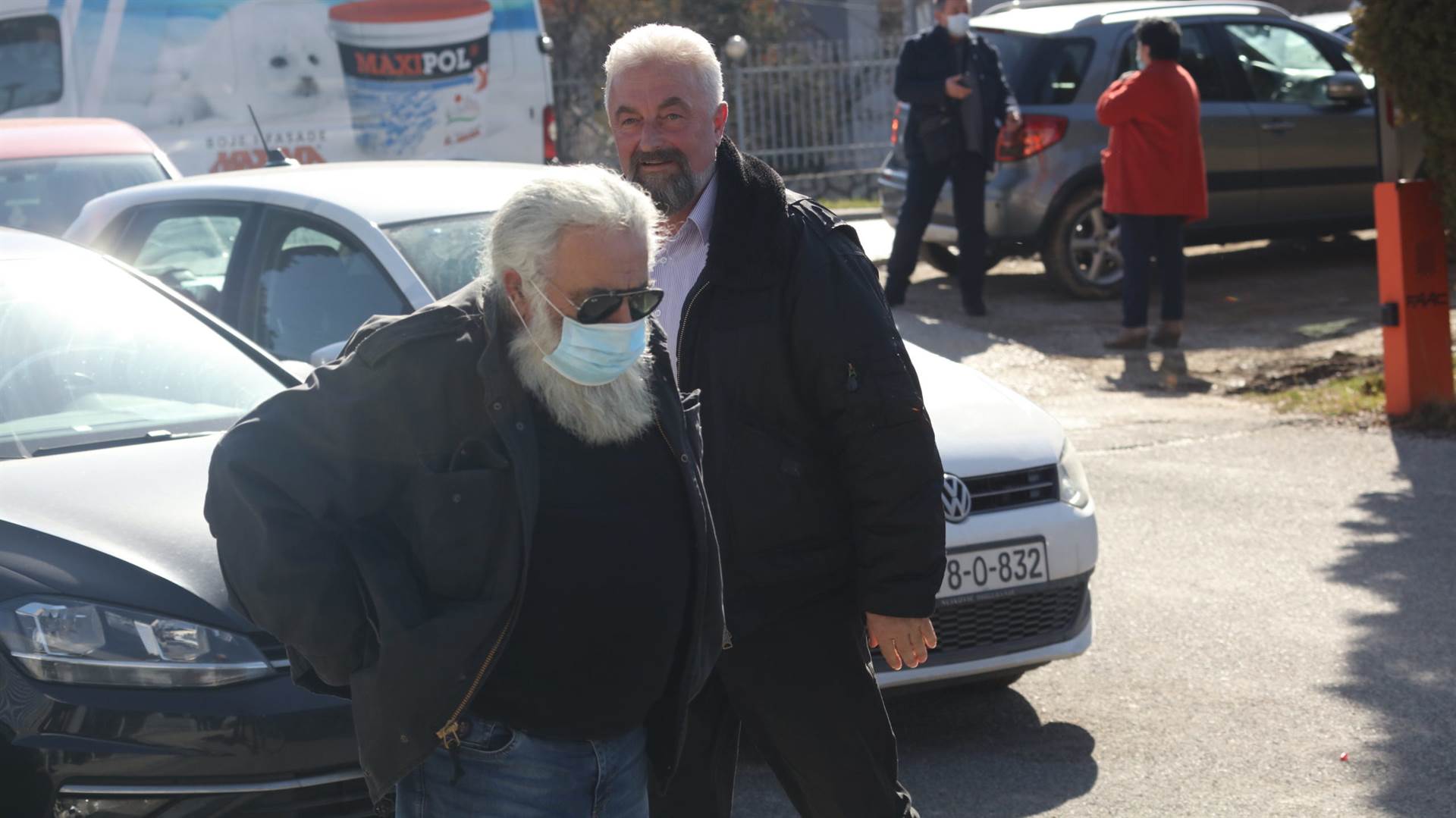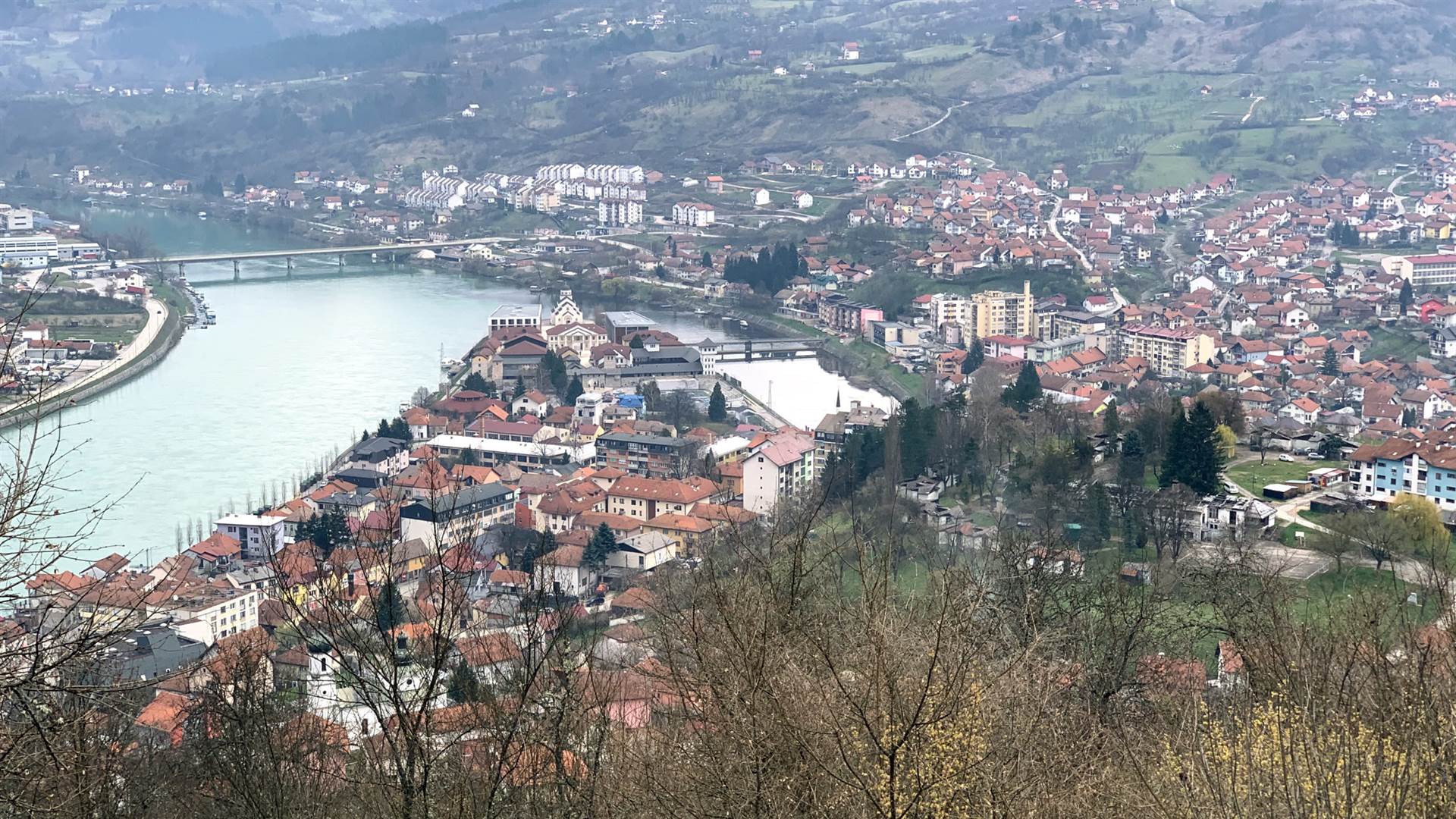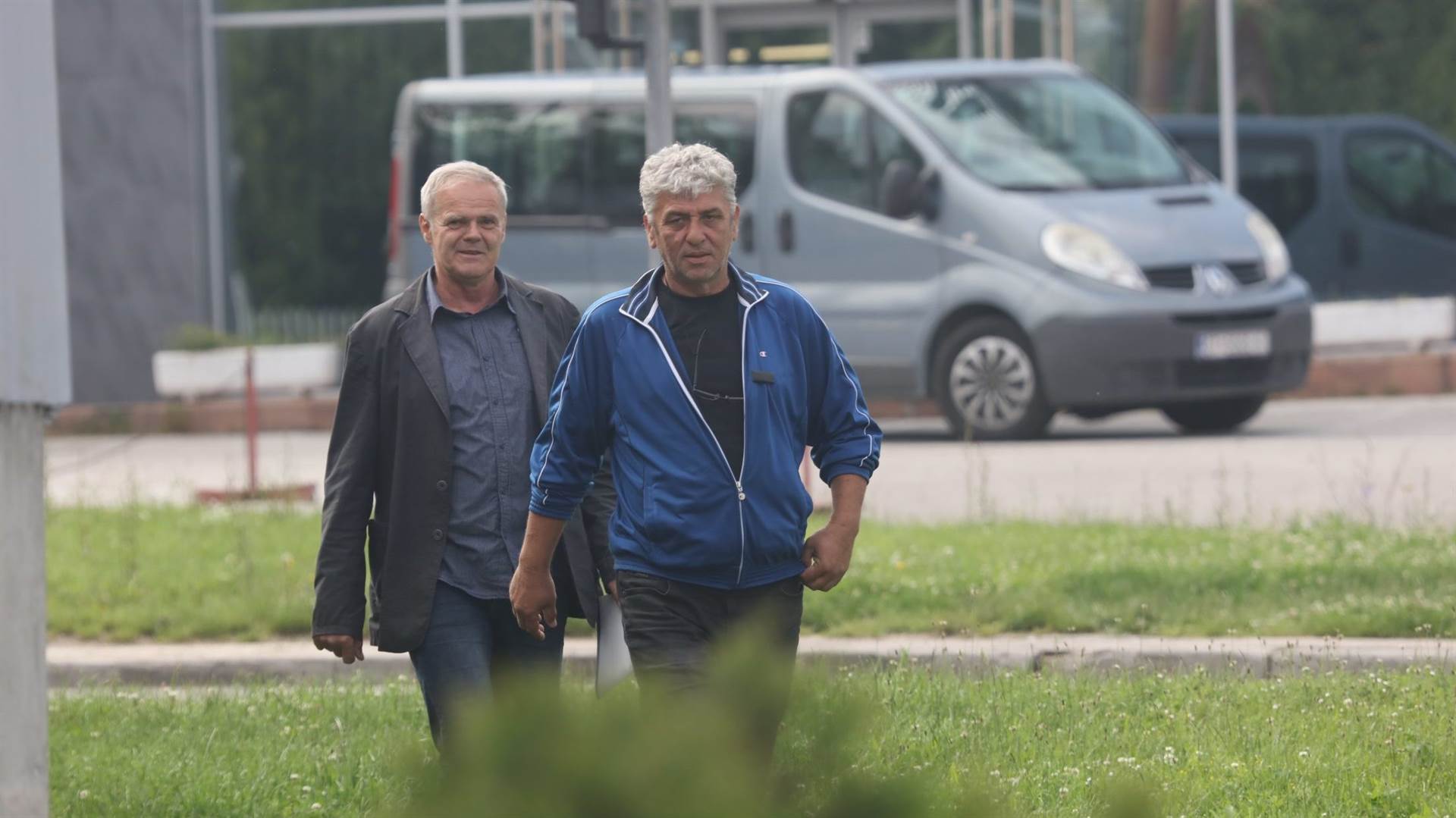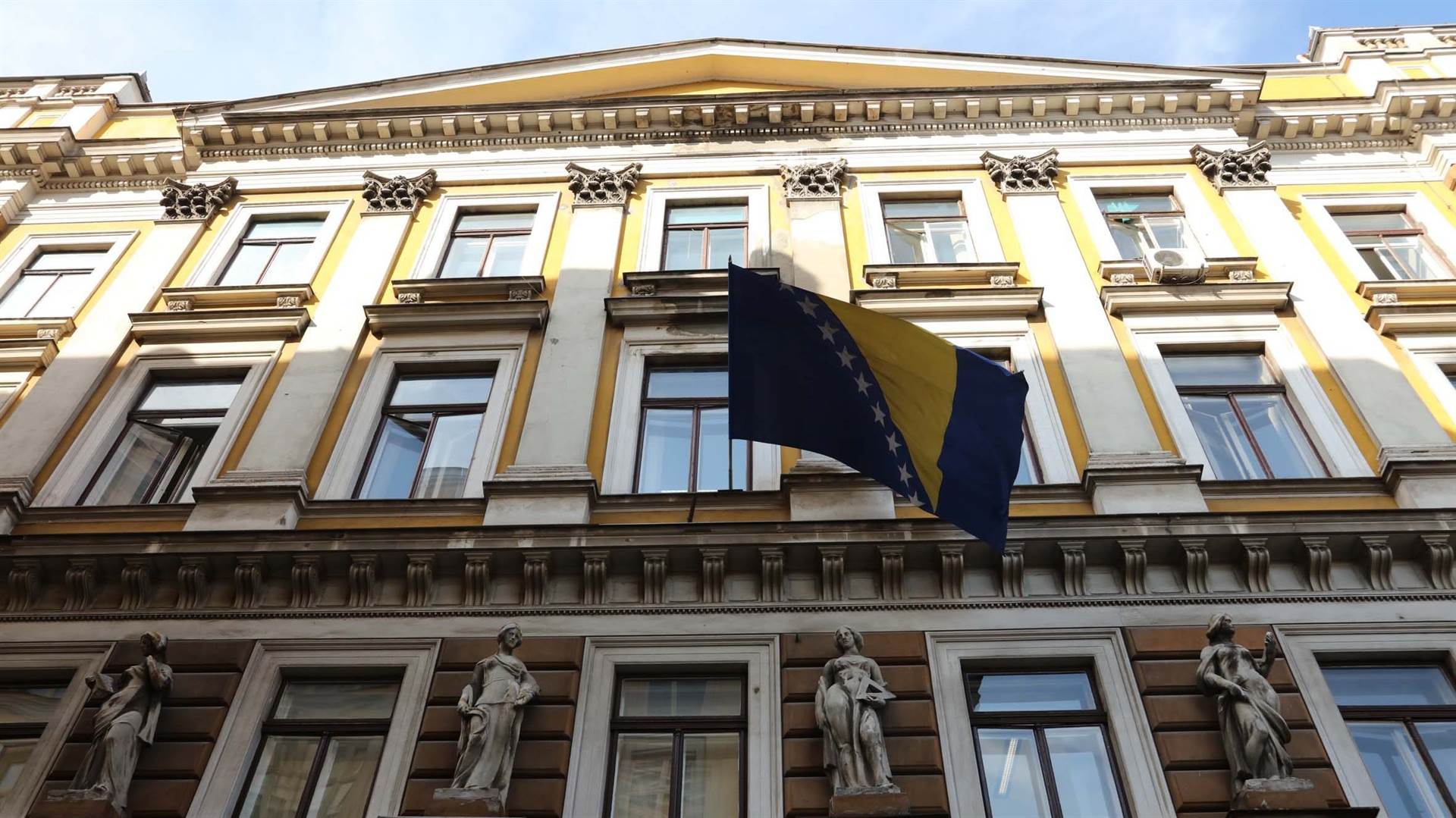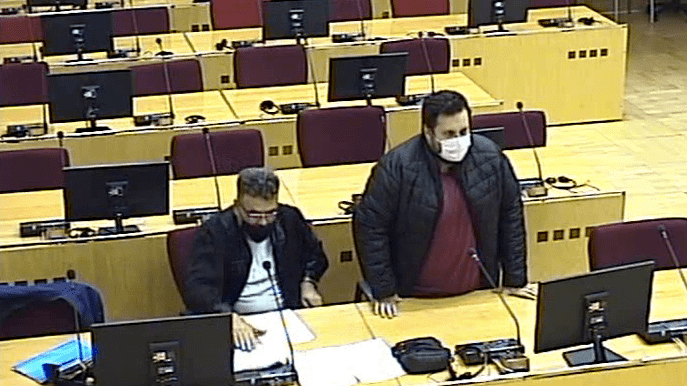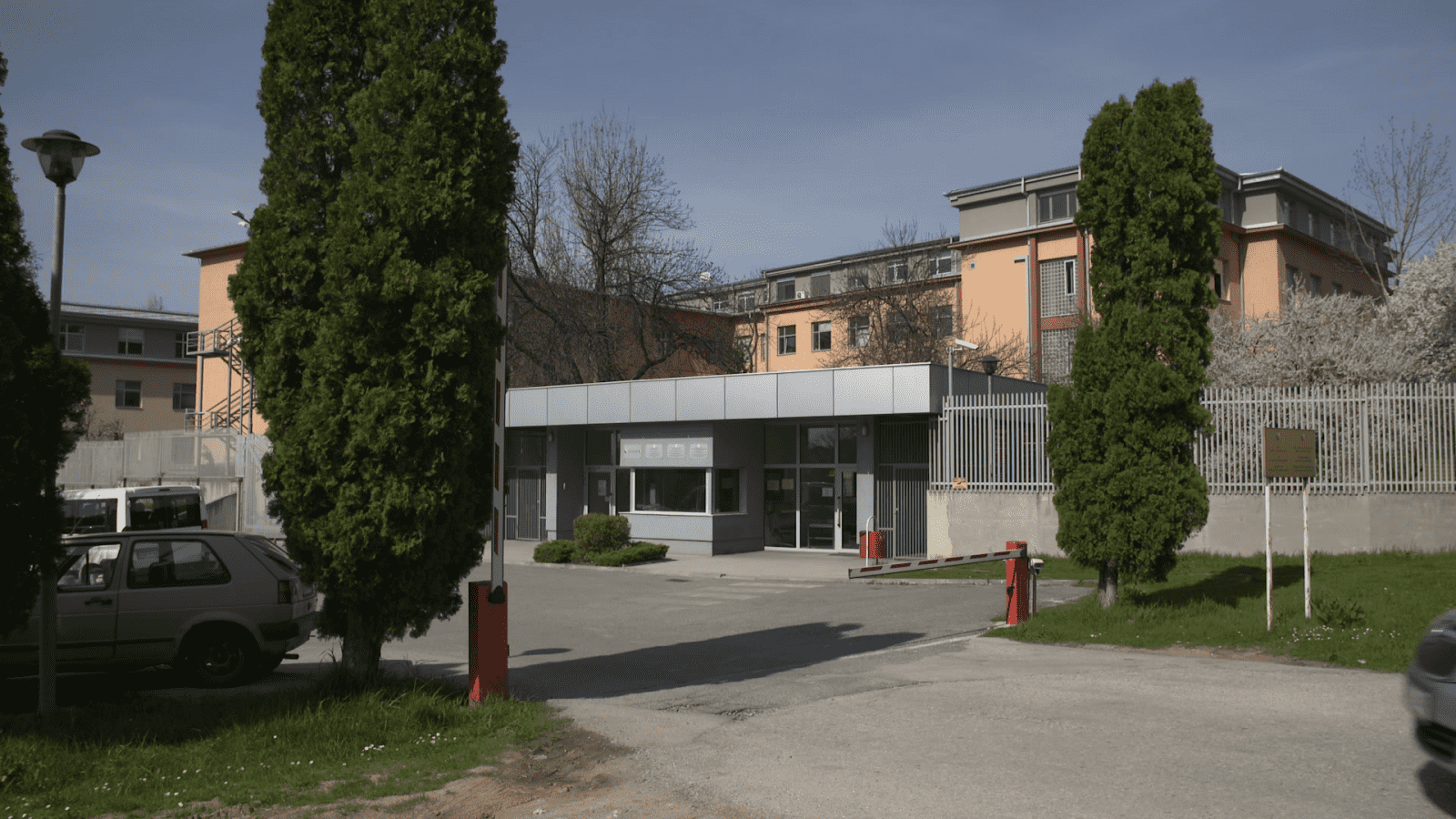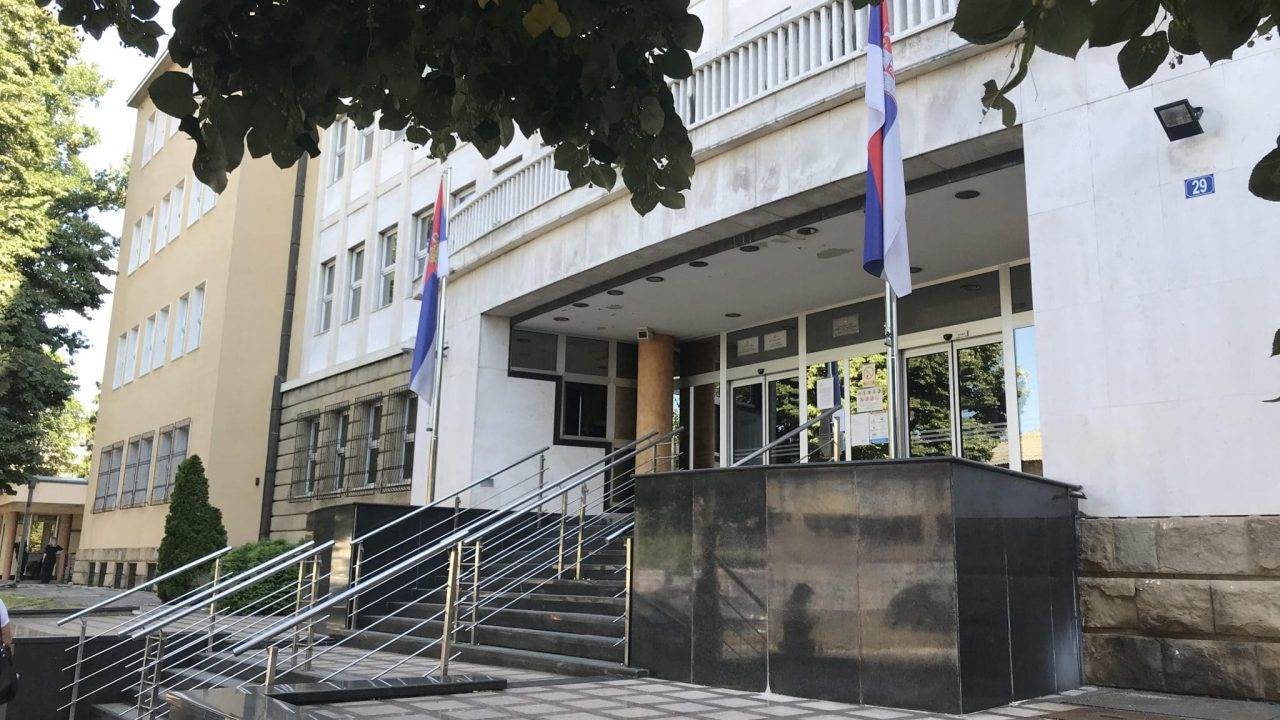Three members of the Ravna Gora Movement, a Serb nationalist Chetnik organisation, were cleared of inciting ethnic and religious hatred at a uniform-clad rally in the eastern Bosnian town of...
Bosnia's state prosecution has filed an indictment against Milomir Djuricic 'Djure', and Vukadin Spasojevic, also known as 'Mico' and 'Era', charging them with crimes against humanity in Bosnia's eastern Visegrad...
The Bosnian court upheld the verdict convicting former reservist policeman Simo Stupar of involvement in illegally detaining, beating and killing Bosniaks in the Vlasenica area in 1992.
Former Bosnian Army soldier Mustafa Divjan was convicted of killing two Serb civilian prisoners in 1993, while Alija Gazibara was found guilty of violence against detainees.
The Bosnian state court acquitted Jahja Vukovic of organising a terrorist group and joining terrorist organisations in Syria.
A year after the identity of a protected witness in a Srebrenica genocide trial was publicly revealed by media in Bosnia’s Serb-dominated Republika Srpska, putting his safety at risk, the...
The Bosnian state court has outstanding international arrest warrants for 41 people accused of committing wartime crimes including genocide – although some of them are already being tried in Serbia...
Years after the 1990s wars, Bosnia and Herzegovina, Croatia and Serbia have continued to slowly prosecute wartime crimes – but with increasing numbers of ageing suspects falling ill or dying,...
The case against Nenad Bubalo, a former Bosnian Serb Army military policeman accused of participating in the murders of at least five civilians during the Bosnian war in 1992, was...
